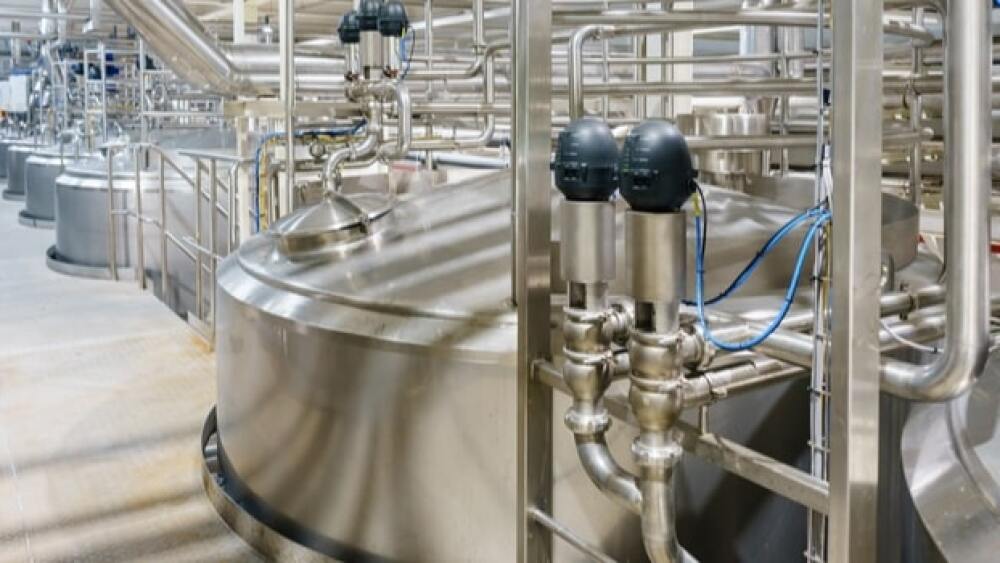Merck strengthened its HPV vaccines manufacturing capacity with the expansion of its facility in Elkton, Virginia. Also, an additional 150 new jobs are created.
Manufacturing facility for production of HPV vaccines.
Merck has strengthened its vaccine manufacturing capacity with the expansion of its facility in Elkton, Virginia, and added150 new jobs.
The 12,000-square-foot location is part of the company’s commitment to making HPV vaccines more accessible to all. Subject to regulatory reviews and approvals, Merck expects its supply of HPV vaccines to double between 2020 and 2023. The multinational also plans to expand manufacturing facilities and build new ones.
What Merck Thinks About HPV Vaccines
“Increasing supply of our HPV vaccines is a top priority, and over the last several years we have steadily increased our manufacturing capacity in response to growing global demand. Despite the pandemic, our teams have completed the building infrastructure expansion at our Elkton site ahead of schedule and we are excited to reach this important milestone,” said Jacks Lee, the senior vice president for Merck Manufacturing, in a press release.
Merck has an agreement with UNICEF to ensure the equitable distribution of its HPV vaccines worldwide, especially in countries with a high burden of disease, including those countries that are eligible to receive support from the humanitarian organization and Gavi, the Vaccine Alliance.
“Through our long-term agreement with UNICEF, we plan to provide 91.5 million doses of our HPV vaccines for use in Gavi-supported countries from 2021 to 2025, and we have offered additional doses beyond that agreement as needed to help meet growing demand,” commented Dr. Priya Agrawal, the global lead for HPV vaccines at Merck, in the same announcement.
Merck committed to spending over $1 billion in 2019 to expand its capacity through facility expansion at various manufacturing locations and finding new sites to build on. From 2017 to 2020, the company succeeded in almost doubling its supply of HPV vaccines. The latest announcement further solidifies its goal.
Other than Merck’s HPV vaccines, the U.S. Food and Drug Administration approved Gardasil 9 in 2020 for the prevention to HPV-linked vaginal, vulva, cervical, anal, oropharyngeal and other types of neck and head cancers. Gardasil 9 is a vaccine for females aged nine to 45 years to prevent various cancers and genital warts caused by HPV types 6 and 11. It can also be used for males of the same age group for certain types of HPV that lead to anal, oropharyngeal and other head and neck cancers, anal precancerous or dysplastic lesions and genital warts. It is not for hypersensitivity patients, particularly severe allergic reactions to yeast.
According to the Centers for Disease Control and Prevention, over nine out of 10 cervical cancer cases are caused by HPV but almost all cervical cancers can be prevented by HPV vaccination. In the U.S. alone, nearly 200,000 women are diagnosed with the disease every year and 11,000 of such cases are linked to the virus. More than 14,000 men get cancers borne out of HPV every year in the country. Doctors push that the best way to protect against the disease is to have children vaccinated when they turn 11 or 12 years old.





